The True Cost of Cheap Imports
Published Date: 5th December 2024
Last Updated: 4 months ago
Are you Gambling with Quality?
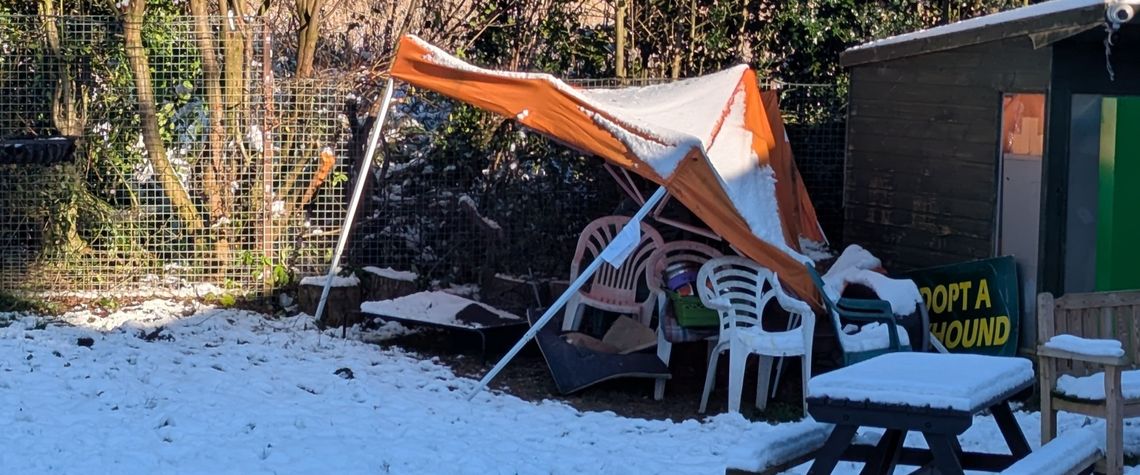
We’ve all been there. You spot a bargain online—shiny, tempting, and a fraction of the cost of the local alternative. For businesses looking to save money, importing goods directly from overseas, especially from China, seems like an obvious choice. Why pay more when you don’t have to?
But what if that bargain comes with a hidden price tag? Import duties, customs delays, and unexpected quality issues can quickly turn a “great deal” into an expensive mistake. And here’s the kicker: the ripple effects of those choices go beyond your bottom line, affecting local economies, the environment, and even your reputation.
Let’s dig deeper into the hidden costs of importing, the reality behind quality concerns, and whether it’s time to rethink the way we buy.
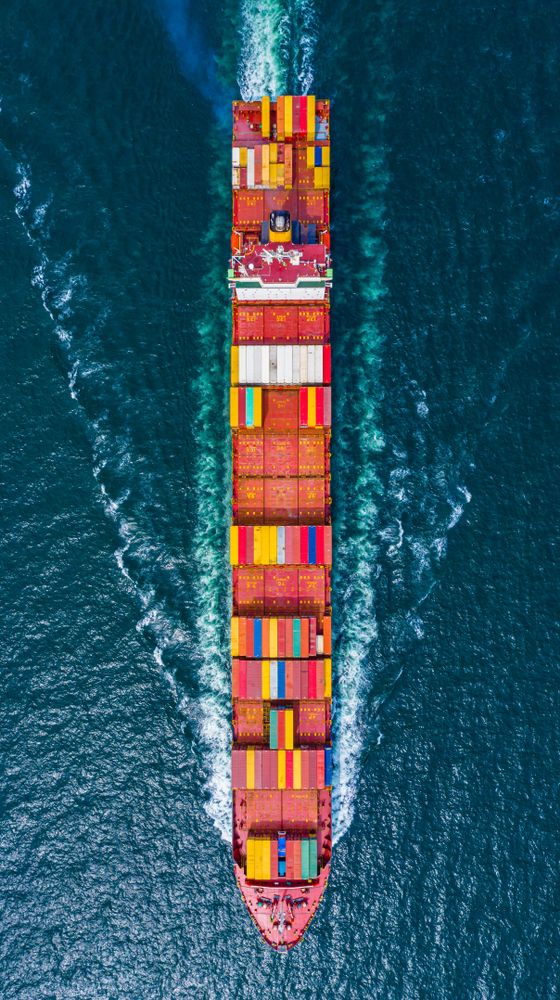
Cheap Imports: Bargain or Bust?
The lure of cheap imports is strong, especially when budgets are tight. But what’s often overlooked are the less obvious challenges that come with buying from overseas suppliers.
1. Import Duties and VAT: The Silent Profit Killers
You see a product priced at £500 online. What you don’t see is the 12% import duty slapped on the moment it hits UK soil. Add VAT on top—not just on the product but also the shipping and duty—and suddenly, that £500 tent costs closer to £700.
If you're lucky, you’ll factor in these costs early. But many buyers don’t, and the surprise can be devastating for small businesses. For example, one event planner in the UK recently shared how unexpected duties wiped out their profit margins on a large tent order, leaving them scrambling to cover costs.
2. Customs Chaos: The Risk You Can’t Control
Customs inspections are a roll of the dice. Delays can lead to demurrage charges, with goods racking up thousands of pounds in storage fees while paperwork is sorted. Worse, if your shipment doesn’t meet UK standards or has incomplete documentation, your goods could be confiscated outright.
Imagine needing those tents for an outdoor festival in two weeks—only to find they’re stuck in limbo. That’s not just a logistical nightmare; it’s a reputational one.
3. Quality Nightmares: You Get What You Pay For
Perhaps the biggest risk is product quality. Ever ordered something online and been shocked when it arrived? Multiply that disappointment when the stakes are higher—like setting up for a wedding or a professional event.
One UK marquee hirer recalls importing a shipment of tents for what seemed like a steal. The reality? Faulty stitching, broken poles, and fabric that ripped at the slightest gust of wind. Returning the goods wasn’t just impractical; it was impossible. The supplier ghosted them, and the company had to write off the entire order.
The bottom line? If it seems too good to be true, it probably is.
How Gala Tent Avoids the Pitfalls
Now, let’s talk solutions. Gala Tent also uses overseas manufacturing, but with a critical difference: the company controls every step of the process to ensure affordability doesn’t come at the expense of quality.
1. Korean Materials for Durability
Gala Tent sources over 80% of its materials from Korea, known for high-grade industrial fabrics and components. This ensures products that can handle the rigours of British weather—something that’s non-negotiable for events professionals.
2. Intellectual Property and Design Control
Unlike many suppliers who simply white-label generic designs, Gala Tent owns our intellectual property. This means we control everything from product innovation to manufacturing standards, ensuring no shortcuts are taken.
When we say our products are "Designed and Built in Britain" we truly mean it. Every aspect of a Gala Tent product is designed and developed in the UK, with British patents. We strive for continuous improvement and work with our overseas partners to ensure that the Gala Tent name is synonymous with British quality and longevity.
3. Rigorous Quality Checks
Every product undergoes meticulous quality control. Workers are specially trained, and over 5% of gross margins are reinvested in inspections and process improvements. It’s this attention to detail that sets Gala Tent apart from the stereotypes of "cheap imports."
Ultimately, you choose Gala Tent for lasting memories, not short-lived savings.
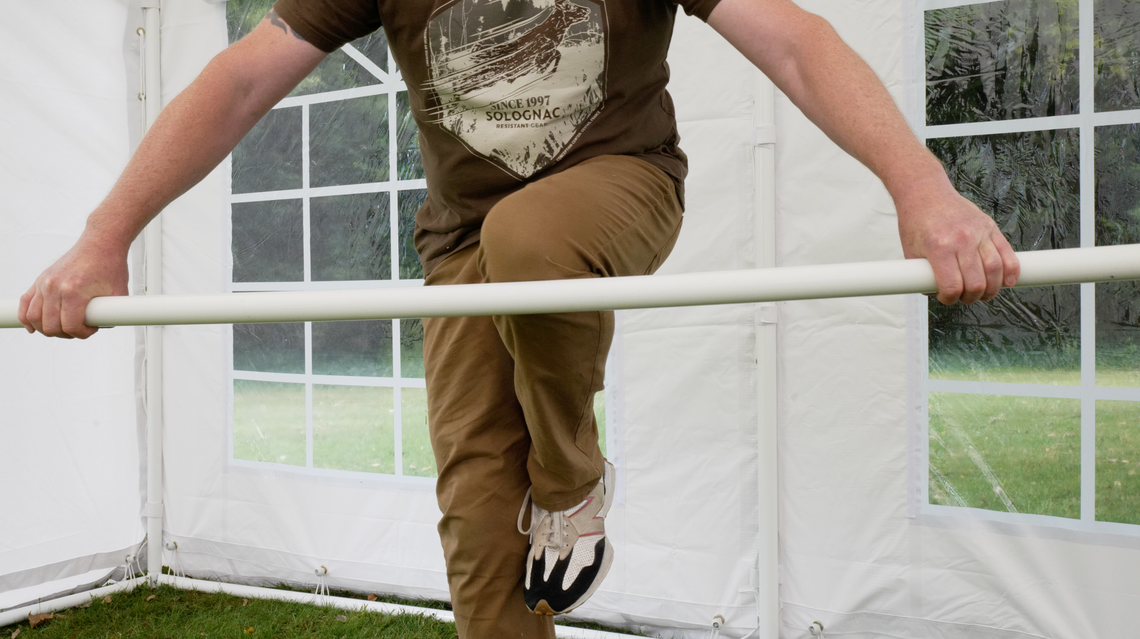
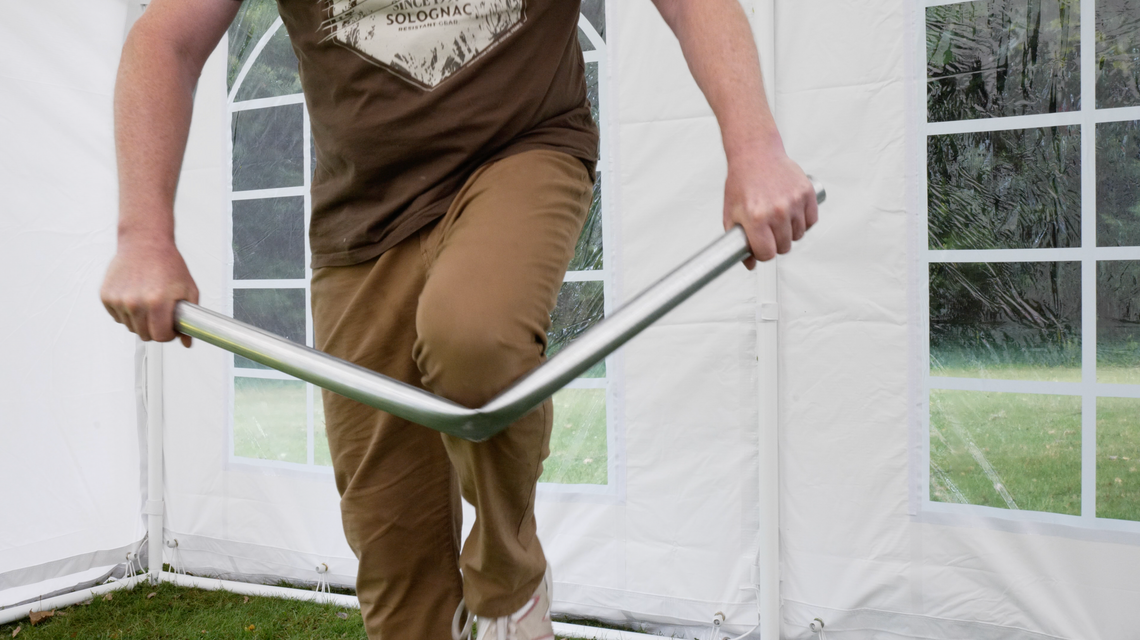
Above Left: A robust powder-coated steel marquee leg resisting brute force. Above Right: Cheap imported material bending easily.
What Does ‘Buy Local’ Really Mean?
Now, here’s where things get interesting. Buying marquees and gazebos from UK-based suppliers like Gala Tent doesn’t just solve the headaches of import logistics. It’s also a statement—a vote of confidence in local businesses and economies.
Supporting Jobs and Communities
Every pound spent with a UK company keeps money circulating within the economy. It sustains jobs, funds innovation, and contributes to a thriving business ecosystem. When you choose local suppliers, you’re not just buying a product—you’re investing in the community.
Sustainability Matters
Buying locally also reduces your carbon footprint. Goods manufactured or distributed in the UK avoid the environmental cost of long-haul shipping, making it a greener choice. For businesses mindful of their ESG (Environmental, Social, and Governance) impact, this is no small consideration.
The Hidden Value of Customer Support
Let’s not forget the practical benefits. If something goes wrong, a UK-based supplier is just a phone call away. Need a replacement part? No problem. Have a question about set-up? You’ll get an answer before the day is out. Compare that to navigating time zones and language barriers with an overseas supplier, and the value becomes clear.
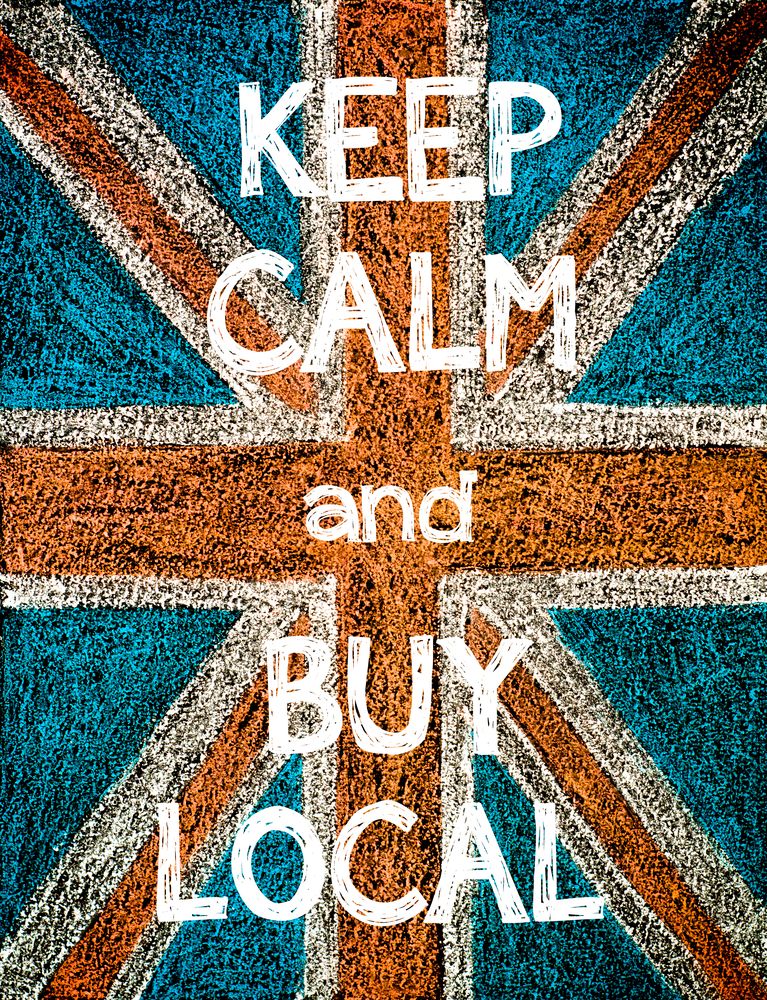
But What About Cost?
Here’s the most common counterargument: imported goods are often cheaper, and for many businesses, cost is king. Not every buyer has the luxury of prioritising quality or local suppliers, especially when margins are tight or budgets are fixed. For small businesses and event planners, saving hundreds—or even thousands—on upfront costs can mean the difference between staying afloat or going under.
But what happens when that saving comes back to bite you?
Imagine buying a batch of imported tents at half the cost of a UK supplier, only to discover they don’t meet safety regulations. Suddenly, you’re shelling out for replacements at the last minute. Or perhaps the tents are fine, but delays in customs mean they don’t arrive in time for your event. Now, you’re scrambling for a local solution, paying premium prices to fix an avoidable problem.
The real question isn’t just about the price tag; it’s about value. What are you actually paying for? With local suppliers, the higher initial cost often comes with built-in benefits:
A guarantee that the product meets UK standards.
Reliable delivery schedules, reducing the risk of delays.
Support when something goes wrong.
Gala Tent’s approach bridges this gap. By leveraging cost-efficient manufacturing in China while sourcing premium Korean materials and offering UK-based customer support, they ensure that affordability doesn’t come at the expense of reliability.
Is Cheap Really Cheaper?
When you factor in potential hidden costs—repairs, replacements, and reputational damage from poor quality—the price advantage of imports often diminishes. In the long run, spending more upfront can save you money, hassle, and headaches.
For savvy buyers, it’s not just about cost-cutting; it’s about making smarter, more strategic purchasing decisions that deliver value over time. And when you buy locally, you’re also investing in something bigger: the stability of your supply chain and the long-term sustainability of your business.

The Bigger Debate: Is Quality Worth the Cost?
This isn’t just a conversation about tents. It’s a broader debate that touches on consumer culture, global supply chains, and the future of manufacturing. At its heart is a fundamental question: What do we value more—saving money or ensuring quality?
The Rise of the Bargain Culture
In today’s world, we’ve been conditioned to chase bargains. Online shopping has made it easier than ever to compare prices, and with a few clicks, you can find goods from halfway around the world at a fraction of the cost. But this obsession with low prices often leads to a race to the bottom in terms of quality.
Consider the impact on customer trust. If a marquee hire company sets up for a wedding and the tent collapses in high winds, who gets blamed? Not the manufacturer, but the company providing the service. When you’re in the business of creating memorable experiences, cheap, unreliable equipment simply isn’t worth the risk.
Balancing Affordability with Responsibility
There’s also an ethical dimension to this debate. Supporting local suppliers means more than just ensuring quality; it’s about contributing to your community, reducing environmental impact, and promoting fair labour practices. Globalisation has made the world smaller, but it’s also created a disconnect between consumers and the true cost of goods.
When you choose a local supplier like Gala Tent, you’re making a conscious decision to invest in businesses that prioritise sustainability and ethical production. It’s not just about what you’re buying—it’s about what you’re supporting.
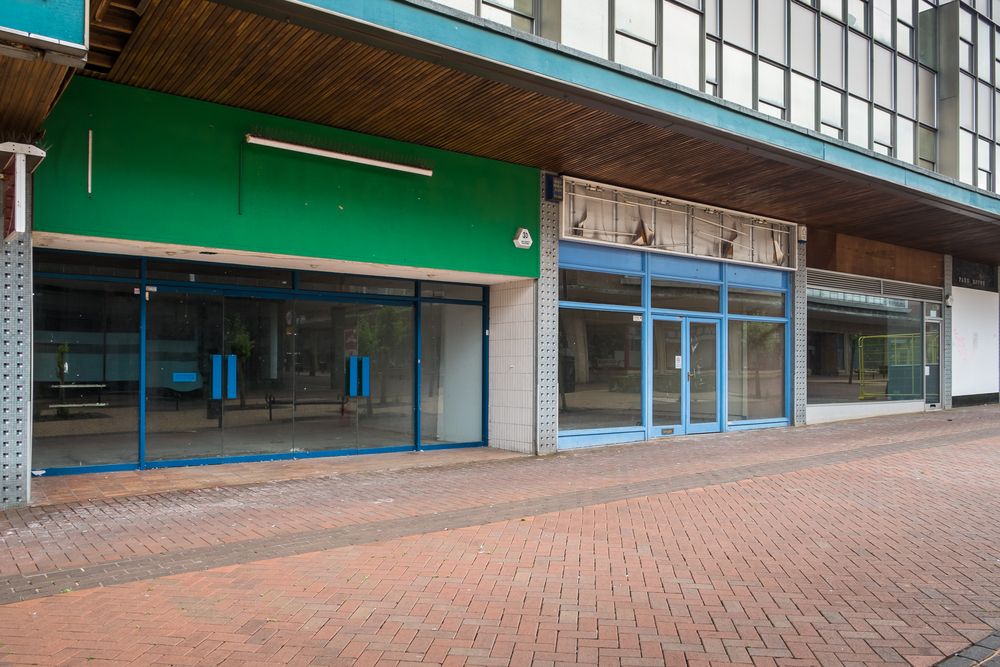
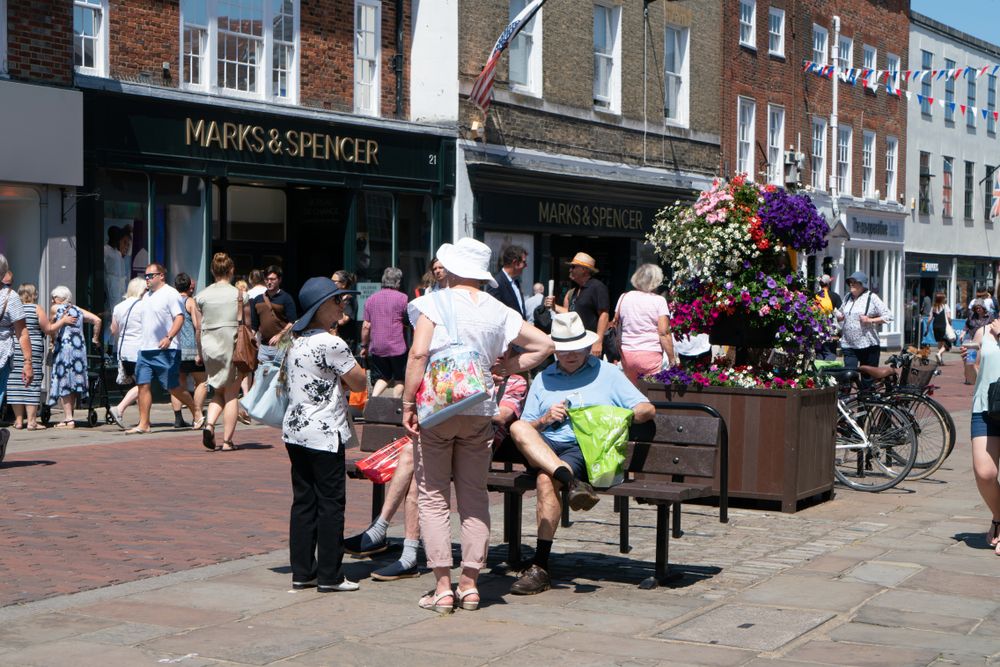
Above: The difference between the effects of failing the local economy and supporting it is huge.
The Future of Buying: Hybrid Models
Companies like Gala Tent are proving that the dichotomy between cost and quality isn’t absolute. By combining the efficiency of overseas manufacturing with the reliability of high-quality materials and local support, they’re creating a model that delivers the best of both worlds.
This hybrid approach could well be the future of buying. Consumers and businesses alike are starting to demand more transparency and accountability from their suppliers. They want to know not just what they’re buying, but where it comes from, how it’s made, and whether it will truly stand the test of time.
What’s Your Priority?
Ultimately, the decision comes down to what you value most. If cost is your top priority, imports may seem like the way to go—but be prepared to accept the risks that come with them. If quality, reliability, and peace of mind matter more, local suppliers like Gala Tent offer a compelling alternative.
What do you think? Are we too focused on saving money at the expense of quality, or does the current economic climate make affordability non-negotiable?
What Do You Think? Join the Conversation!
This is a debate worth having. Have you been burned by cheap imports, or have you found ways to make them work for your business? Do you feel an obligation to support local suppliers, or is price still the ultimate deciding factor?
Join us on social media to keep the conversation going. Your experiences could help others avoid costly mistakes—or inspire new ways to balance cost and quality in a global market.
 CONTACT US
DOWNLOAD A BROCHURE
REQUEST A PRODUCT DEMO
CONTACT US
DOWNLOAD A BROCHURE
REQUEST A PRODUCT DEMO





 Alexandrea
Alexandrea